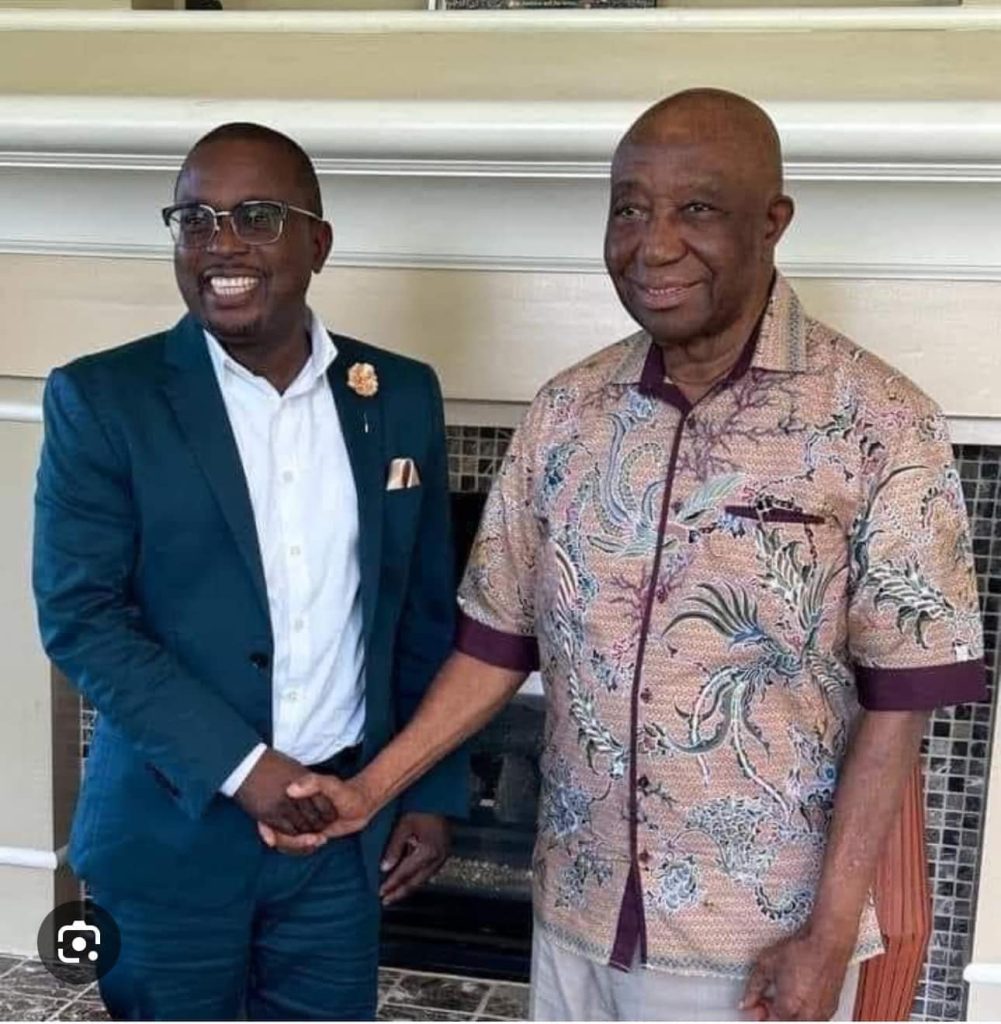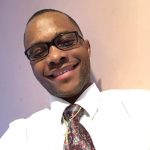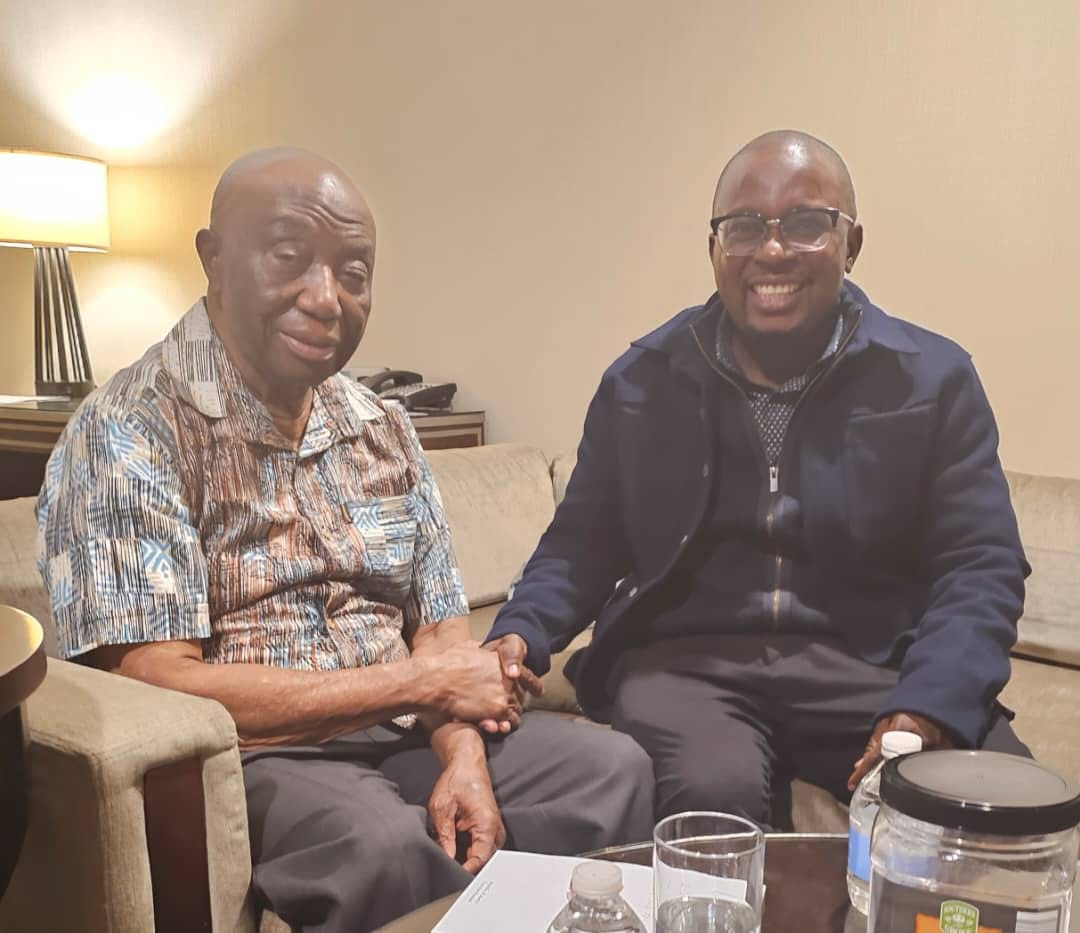In a scathing critique, Liberia’s former Auditor General, John S. Morlu II, has called into question President Joseph N. Boakai’s commitment to fighting corruption. Morlu’s accusations center on a recent financial controversy involving the SIB Liberia Limited and the Boakai administration’s handling of an $8 million bailout. His allegations suggest that the current government might perpetuate political corruption by prioritizing the interests of influential individuals over the country’s financial integrity. According to Morlu, this situation raises serious concerns about the administration’s ability to tackle corruption effectively.
Morlu’s critique, detailed in a public statement, accuses the Boakai administration of failing to address a $12 million debt to SIB Liberia Limited. He points out that the situation reflects a broader issue of political influence over Liberia’s banking sector, where decisions are often made to benefit the powerful rather than adhere to sound business practices. Morlu argues that this bailout, without proper accountability and transparency, mirrors past corrupt practices and undermines the integrity of President Boakai’s anti-corruption stance.

The former Auditor General’s remarks also draw a stark comparison between the current administration and former President George M. Weah’s government. During a recent press conference, Weah dismissed Boakai’s anti-corruption efforts as a “witch-hunt,” implying that they were politically motivated rather than genuine efforts to clean up the system. Morlu’s allegations, combined with Weah’s criticisms, create a narrative that the current administration’s efforts may be superficial and selective, potentially damaging public trust in the government’s commitment to rooting out corruption.
The implications of these accusations are significant for Liberia’s fight against corruption. If the public perceives the Boakai administration as complicit in perpetuating financial mismanagement and protecting political elites, it could undermine the legitimacy of any anti-corruption initiatives. This perception may discourage international donors and investors, who are critical for Liberia’s economic development, from engaging with the country due to concerns about transparency and accountability.
To address these concerns, President Boakai must take decisive actions to demonstrate his administration’s commitment to fighting corruption. One critical step would be to publish the list of debtors involved in the SIB Liberia Limited case, as Morlu suggests. This transparency would not only clarify the extent of the problem but also show a willingness to hold all individuals accountable, regardless of their political connections. Moreover, implementing stricter oversight and regulations within the banking sector could prevent similar situations in the future.
Additionally, the Boakai administration should consider revising its approach to bank bailouts. Morlu advocates for a model where investors and managers make sacrifices, such as equity forfeiture or substantial pay cuts, in exchange for taxpayer-funded support. Such measures would ensure that bailouts are not seen as free money but as a last resort to stabilize the financial system while maintaining accountability.
These allegations by John S. Morlu II, a core campaigner of President Boakai’s presidential bid, present a critical challenge for President Boakai’s administration. To restore public confidence and effectively tackle corruption, the government must adopt a more transparent, accountable, and equitable approach to managing financial crises and combating corruption. This shift would not only bolster the administration’s credibility but also set a precedent for future governments in Liberia.

Dr. Clarence R. Pearson, Sr. is a Liberian clergy and social scientist with strong interest in advancing global peace, human rights, a safe planet, and social equity. He holds a BA in Theology, and MA with distinction from the Kofi Annan Institute for Conflict Transformation, University of Liberia. He also graduated with honor from the Louisiana Baptist University and Seminary, Shreveport, Louisiana, USA with A PhD in Psychology and Counseling. Dr. Pearson is a social researcher, an educator, and an author. He has over 29 years of practical professional experience in post-conflict peace-building, recovery, and development with emphasis in both the public and private sector.

